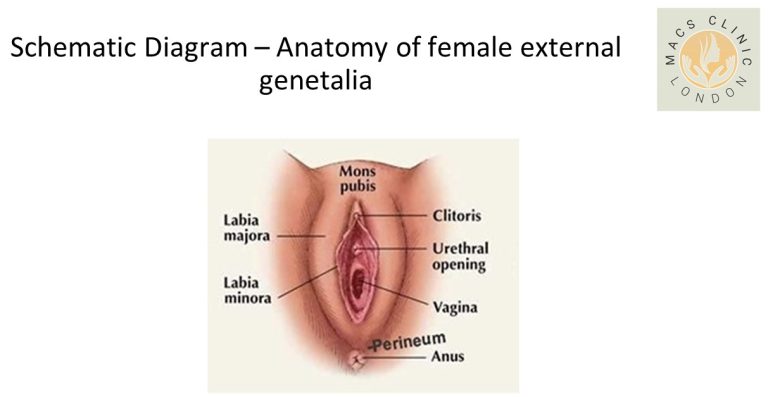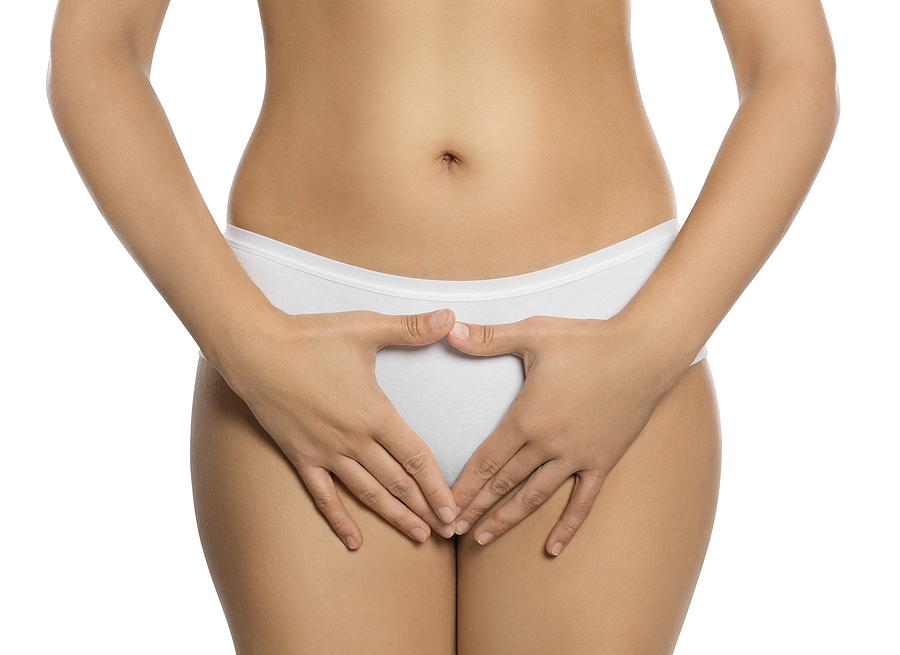We don’t tend to give our inner vaginal lips much thought, as they’re tucked away quite neatly and not often on display… but when a problem starts to manifest, it can quickly consume our consciousness and start to take its toll on our mental health and wellbeing.
Labial hypertrophy is a condition where the labia minora are larger than usual and starting to protrude, which can cause concern about aesthetics and appearance.
If your labia is causing you discomfort, making sexual activity difficult, making it hard to use sanitary items like tampons or if you believe they are visible when you wear tight clothing or a swimsuit, you may want to consider seeing your GP or a gynaecologist for further help or advice.
There is no known exact cause for labial hypertrophy, but it’s thought that there is a genetic link to the condition, while hormonal changes during puberty and increased blood flow during pregnancy could have something to do with it, as well.
Regardless of the cause, what’s great is that if you are overly worried about your symptoms and you want to do something about it, you absolutely can!
We’re very lucky these days to have so many amazing surgical options available to us and so many talented surgeons who can help us sculpt our bodies and make changes to help improve our self-esteem and confidence… and labiaplasty is one such surgery.
What is labiaplasty?
Labiaplasty is a vaginal rejuvenation procedure that can help you if you’re living with labial hypertrophy at the moment. Your surgeon will reduce the length and size of the labia minora to improve its appearance and ensure that it retains its typical sensation and function.
The procedure is carried out either under a general anaesthetic or a local anaesthetic with sedation, so you’ll be awake but won’t feel a thing. Once you’re numb, your surgeon will shorten and/or reshape the vaginal lips, cutting away the unwanted tissue with a scalpel or laser, with the loose edge stitched up with dissolvable stitches.
It should only take between one and two hours to complete the surgery and you should be able to go home that same day.
Note that while your anaesthetic is still in effect, you won’t feel any pain but you may experience some discomfort once it wears off. It’s also normal to have some bruising, swelling and soreness for up to two weeks after the surgery.
You may also have to take a couple of weeks off work to aid your recovery time and it can take a few months for the area to completely heal. Make sure you keep it clean to prevent infections and wear loose clothing to reduce the chances of friction and rubbing.
Avoid sexual activity for at least four weeks and avoid exercise for between four and six weeks to ensure that everything heals as it should.
Need any more help or advice? Get in touch with the MACS Clinic team today.









